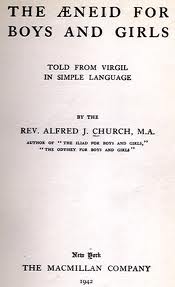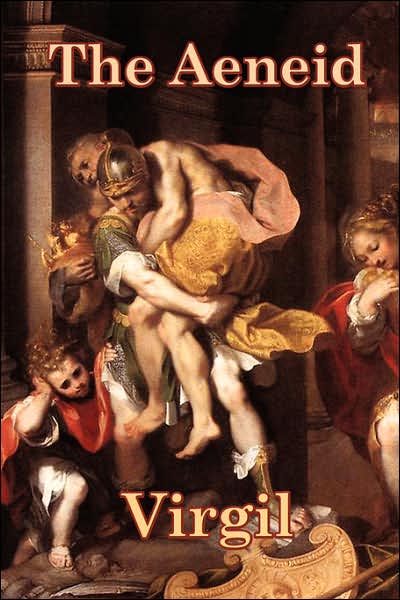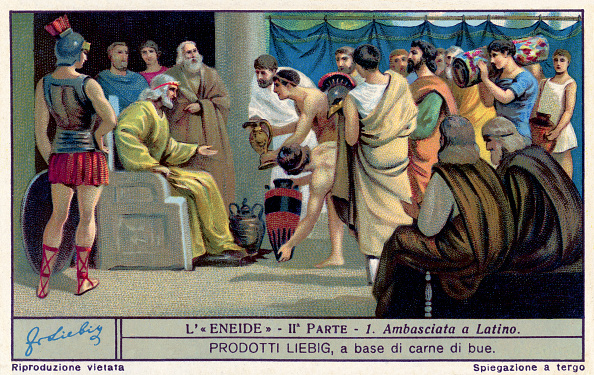The Author Catchphrase trope as used in popular culture. Basically this is when the author of a novel reuses the same line (or a variation) in his or her …
The End of the Middle Ages: Volume Two of The Cambridge History of English and American Literature: An Encyclopedia in Eighteen Volumes
Publius Vergilius Maro (Classical Latin: [ˈpuː.blɪ.ʊs wɛrˈɡɪ.lɪ.ʊs ˈma.roː]; traditional dates October 15, 70 BC – September 21, 19 BC), usually called Virgil or Vergil (/ ˈ v ɜːr dʒ ɪ l /) in English, was an ancient Roman poet of the Augustan period.
Rev. Alfred J. Church (1829-1912) grew up in Victorian England, was ordained in 1853, and taught at several private colleges in Britain before gaining a post as a professor of Latin at University College of London. He was a respected scholar and some of his earliest works were translations of Latin
Free trojan war papers, essays, and research papers.
The Trojan is a tale from the Trojan War about the subterfuge that the Greeks used to enter the independent city of Troy and win the war. In the canonical version, after a fruitless 10-year siege, the Greeks constructed a huge wooden , and hid a select force of men inside.

P. VERGILIVS MARO (70 – 19 B.C.) AENEID. Aeneid I: Aeneid II: Aeneid III: Aeneid IV: Aeneid V: Aeneid VI: Aeneid VII: Aeneid VIII

Publius Vergilius Maro (Classical Latin: [ˈpuː.blɪ.ʊs wɛrˈɡɪ.lɪ.ʊs ˈma.roː]; traditional dates October 15, 70 BC – September 21, 19 BC), usually called Virgil or Vergil (/ ˈ v ɜːr dʒ ɪ l /) in English, was an ancient Roman poet of the Augustan period.







Rev. Alfred J. Church (1829-1912) grew up in Victorian England, was ordained in 1853, and taught at several private colleges in Britain before gaining a post as a professor of Latin at University College of London. He was a respected scholar and some of his earliest works were translations of Latin
Meaning of the name Camilla: Derived from the Latin camilla (virgin of unblemished character). Var:Camilla, Camille, Kamilla, Kamille. Short: Cami, Camie, Kam, Kamie.

Recent Comments